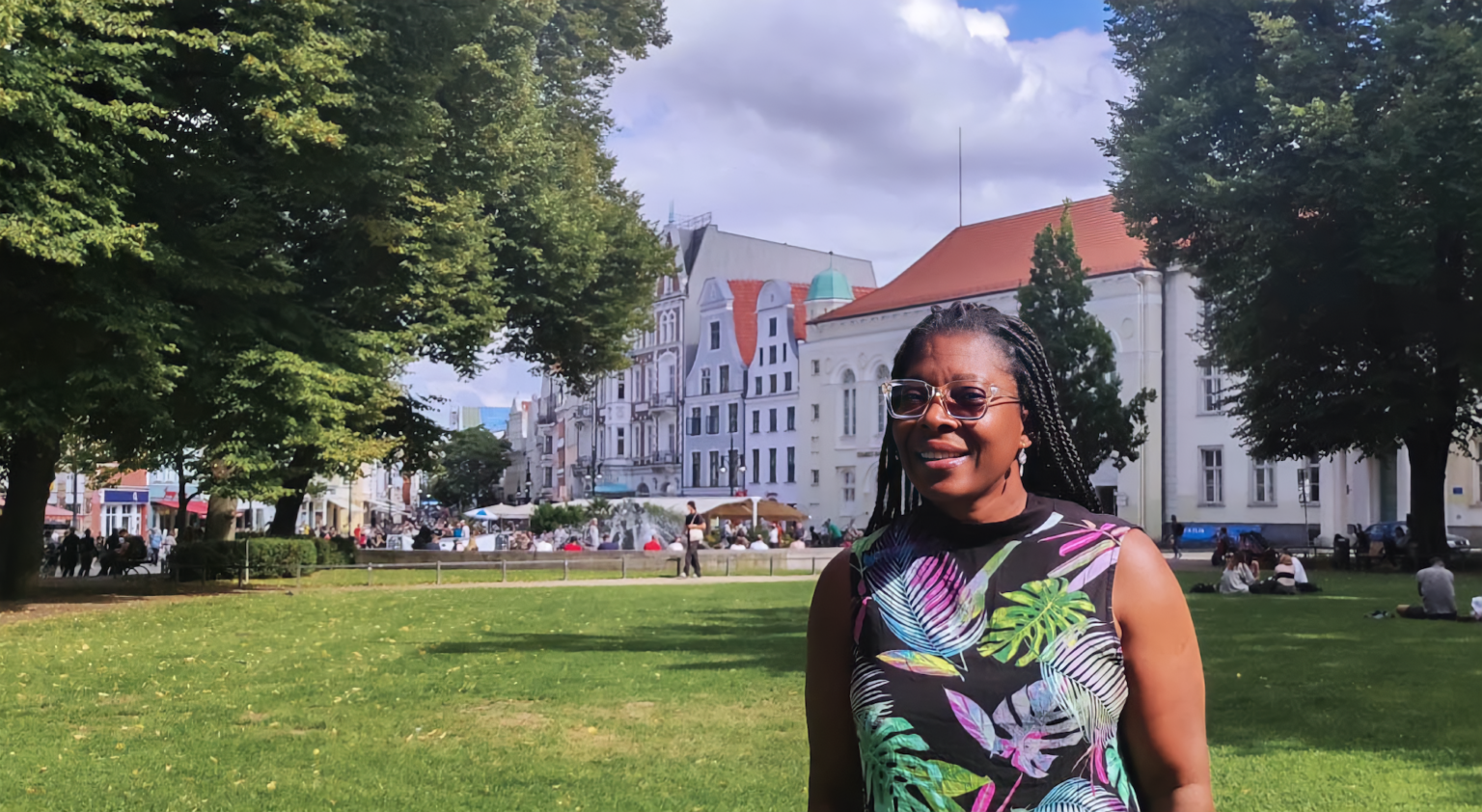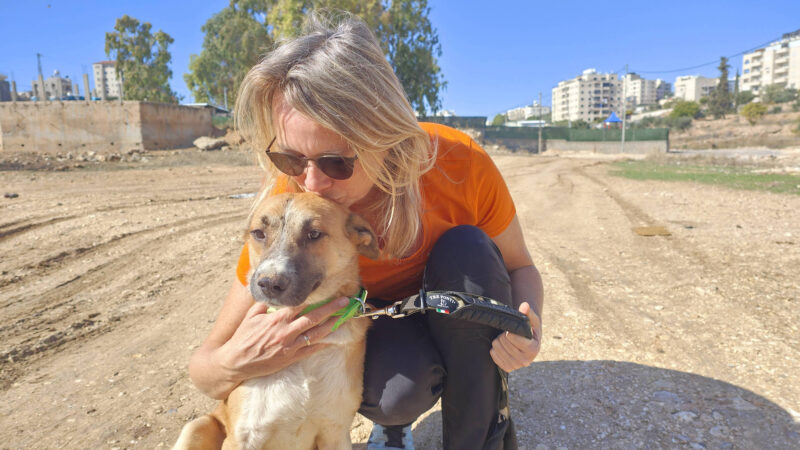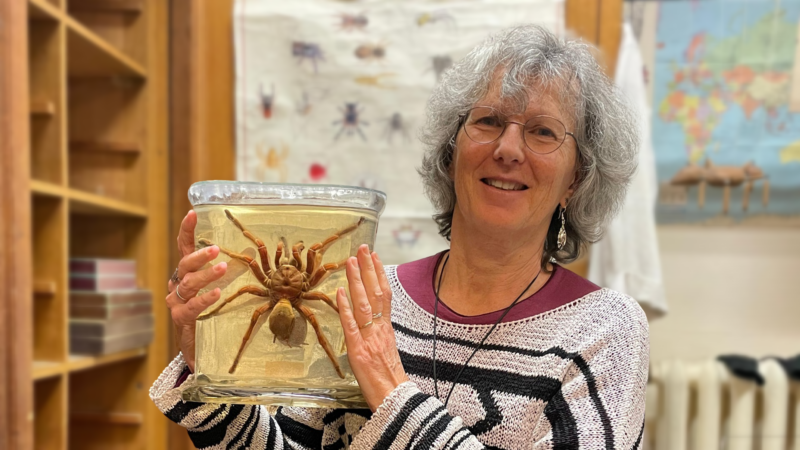In Ghana, social pressure on women to become pregnant is intense. When this fails, they often turn to the clergy of their church for help. But many of them seem to take advantage of their position of power, as cases of sexual abuse are mounting. Genevieve Nrenzah works at the University of Ghana, studying social issues and social problems in the context of religion. She set out to find and talk to some of the victims. She plans to compile the results of her research in a book. Correspondent Sarah Tekath interviewed her for us.
How did you become aware of clergy abuse?
Since 2018, I’ve been seeing footage on social media of women being abused by clergy. In Ghana, there are three major religious groups: Christianity, Islam, and African indigenous religions. These abuses occur in all three religions, but most of the ones I have come across occur in the Christian environment. It doesn’t just happen in certain regions of the country, but is a problem throughout Ghana, in rural areas as well as in the capital.
What did you see in the footage?
The ones I’ve seen show scenes at ceremonies where, for example, a priest puts his hand on the breasts or genitals instead of the head for the blessing. Online, users* are making fun of it, but I thought, “No, that’s wrong. That’s abuse.”
Then I heard a radio program where people were calling in anonymously and telling their stories. I noticed that women kept telling about their experiences of abuse in local churches.
What were your next steps?
The victims who spoke about their experiences on the radio did not give the names of the clergy or the churches. That’s why it was very difficult to find a starting point. I approached the local churches, but was turned away.
The next step was to approach the radio station. I wrote a letter to the host, which went unanswered. So I drove there and waited outside in the car until the presenter came out. I explained to him that I was the one who wrote the letter and that I work at the University of Ghana. He hesitated because he didn’t want to put the victims in danger. So we agreed that a radio station staff member would call the women back-because when someone calls the show, the numbers are collected-and ask them if they would be willing to talk to me.
Were you successful?
Yes, I ended up talking to about 40 women and ten men. There has also been homosexual abuse. But the way things are in Ghanaian society, men would never address something like that. A man has to be a man, which means he can’t show any weaknesses and must always be strong. Society would judge him very harshly if he was not able to defend himself against another man.
I also had to earn the trust of the women. Only when I promised not to use their names in my book did they talk about their experiences. Perhaps it was because they had more confidence in another woman. I explained to them how important it was that they talk about their experiences so that we could prevent this from happening to other women in the future.
Was there an opportunity to work more closely with any of the victims?
I also came across a couple, the wife was abused by a local priest. At first she didn’t want to tell her husband what had happened, but when it turned out that the priest had infected her with a sexually transmitted disease and she needed medical attention, she finally told him. The husband tried to confront the clergyman, but he was completely unreceptive and even later falsely reported the husband to the police for physical assault. The police then instructed both parties to settle the matter between themselves.
I put the couple in touch with a lawyer who suggested a report to the police domestic and sexual violence unit. But the woman refused, fearing public exposure. Hopefully, I will still be able to convince them in the future.
What did they tell you?
The pattern is often very similar. Women approach the clergy because they cannot get pregnant. In Ghana, people believe that every woman is physically capable of bearing a child. They also believe that there is a physical self and a spiritual self and that both can be hurt. For example, with a curse or an evil spell that prevents pregnancy. Then she needs the support of the priest.
The women have to pay an amount, about between 50 and 300 euros, to pay for the material for the ritual and the service of the priest. Then they are asked to come to the church alone. The priests ask them to undress while they pray in a separate room. Then they return, often already naked, and inform the women, “The Lord told me to have sex with you.” This is because someone has bewitched her and put a padlock on her vagina, they say, and the only way to open it is to have sexual intercourse with him.
Protests from the women are dismissed by the clergy by saying that this is God’s will. In most cases, women are so pressured to become pregnant that they consent.
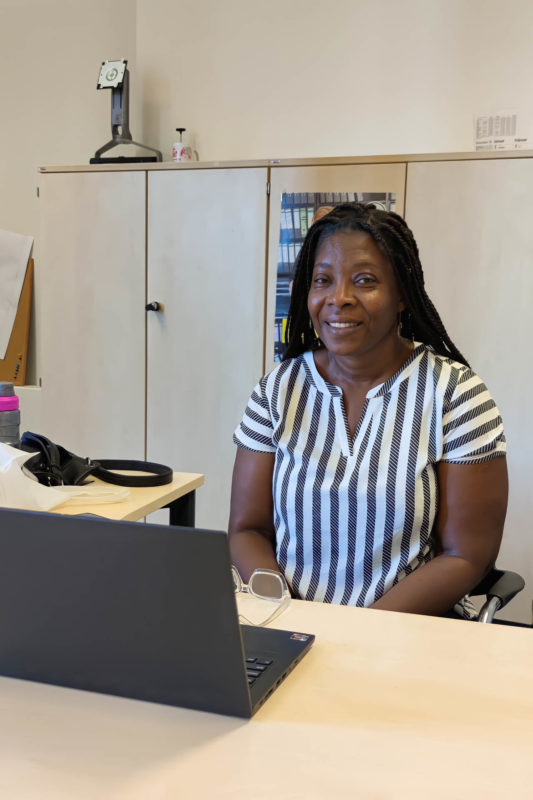
How are women and pregnancy viewed in Ghanaian society?
The Akan, who are the largest ethnic group in Ghana at nearly 50 percent, believe that it is a woman’s duty to bear children to perpetuate the human race. Childlessness is understood as selfishness.
There is also the aspect of inheritance, because a woman’s property goes to her children. That is, if she does not have children, her property is lost.
Have the victims filed a complaint?
No, the women are too afraid. Ghana is a country where the people are very religious and the priests have a strong position of power. Often the clergy threaten the women that they will either kill their family members or destroy them spiritually.
In addition, there is not a lot of trust in the police due to corruption. For example, if a victim wants to report someone, the police are likely to demand that she drive the officer to the perpetrator’s home in her own car or pay for the cab. This increases the risk for victims to be seen with the police.
Are sexual assaults usually reported by victims?
There have been cases where a clergy member who committed abuse was arrested, but then for a different offense. In cases of abuse, when victims file charges, prosecution is complicated by clergy shifting the blame away from themselves. They blame God because the sexual intercourse was God’s will.
In general, reporting sexual violence and abuse is difficult because the women do not want the public to know what happened to them in private. They fear being visible to bystanders or the media during the court process. Especially if it is a famous clergyman, the public interest would be huge.
Have you also approached one of the accused pastors?
I went to see a clergyman myself, but was not allowed inside. He blew me off on the phone. So I came up with the idea of pretending I needed his spiritual support. I booked a session with him, paid for it, and explained that I was trying in vain to get pregnant. He asked me questions and told me that he needed to consult with God.
I inquired with him about the rituals. I asked, “What if God tells you that you have to have sex with me?” He denied that was possible, but it became clear that he was increasingly reluctant to give me answers. In the end, he asked me to leave and told me to call him again later. I will do that in the next few weeks because my move to Rostock intervened.
What do you want to achieve with your research?
I want to tell the stories of the victims and publish my findings in my book because I want to create awareness and sensitize people. Society needs to know about the dark side of religions. As promised, the victims remain anonymous. I discussed with colleagues whether I should mention the names of the churches and clergy, but decided against it for ethical reasons. However, should the police or prosecutor’s office inquire, I will provide all personal information.
I am also trying to encourage the victims to speak out publicly, because these men must be punished. We need to show that this is not just something people make fun of on social media. These are real cases that are happening to real people. I’m sure if one woman speaks up, more will come forward soon.
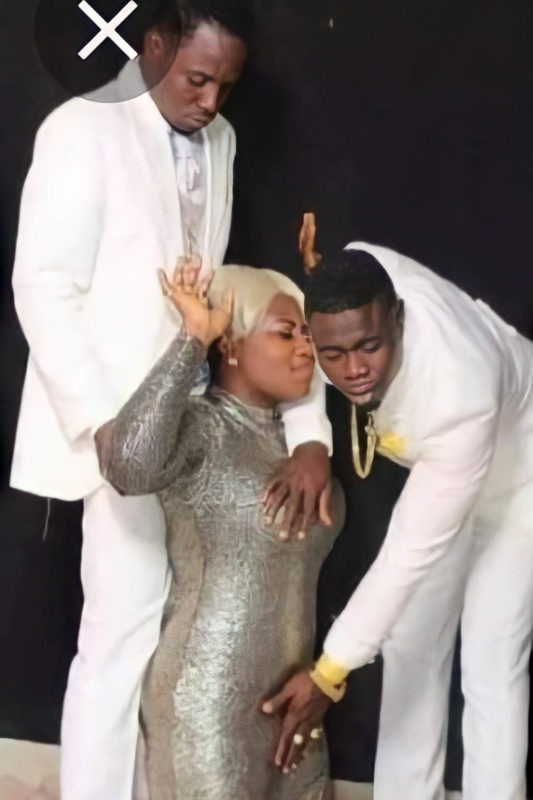
Dr. Genevieve Nrenzah works in the Religion and Philosophy section at the Institute of African Studies at the University of Ghana. Her research topics include indigenous religious beliefs and ceremonies, religion and economics, sexuality, religion and human rights, and neo-feminism. She has received an Alexander von Humboldt Fellowship for her research on the abuse of women by clergy. She currently lives in Germany and is working on her book at the University of Rostock.

